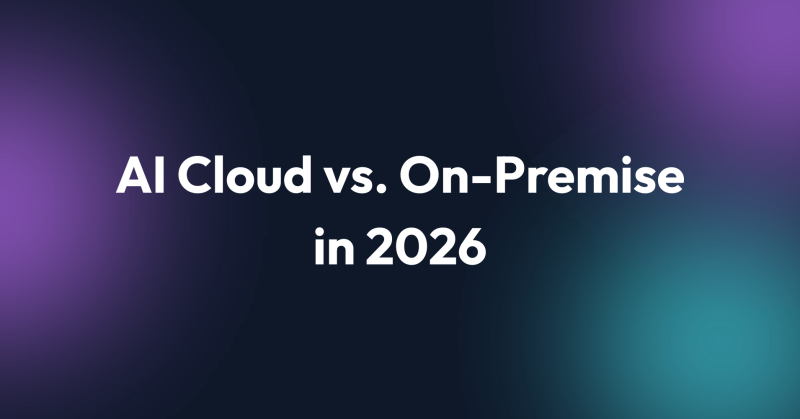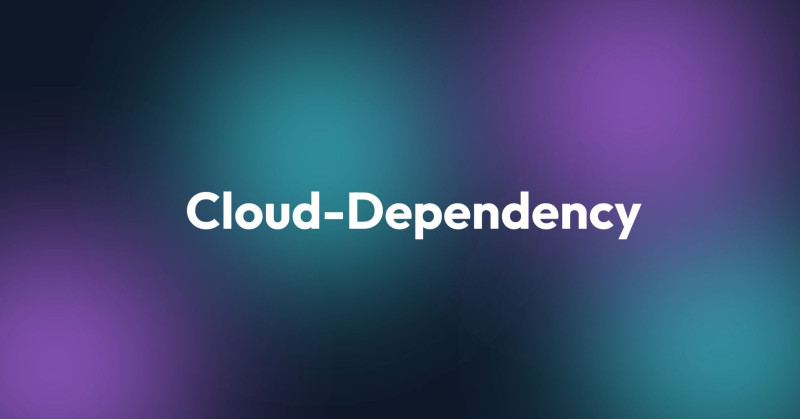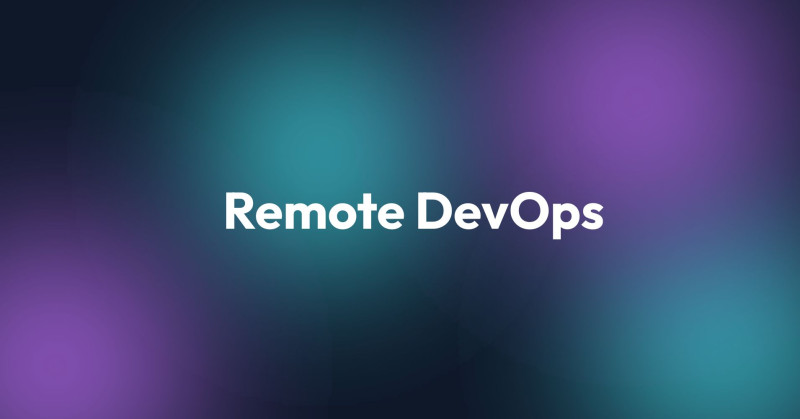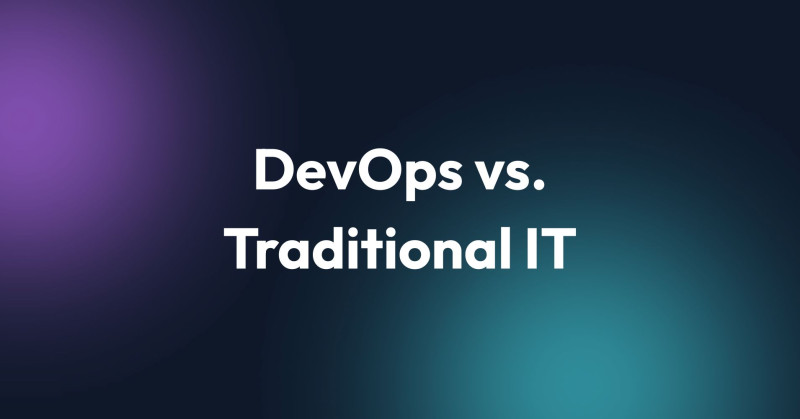The work of a developer, while it may seem like a good career path for loners, is actually an occupation that requires strong teamwork skills. Receiving and giving feedback, resolving conflicts, reading the emotions of co-workers, being able to keep one's nerves in check when problems unexpectedly arise - these are all aspects that can and should be practiced to make our work (and personal) life more harmonious!
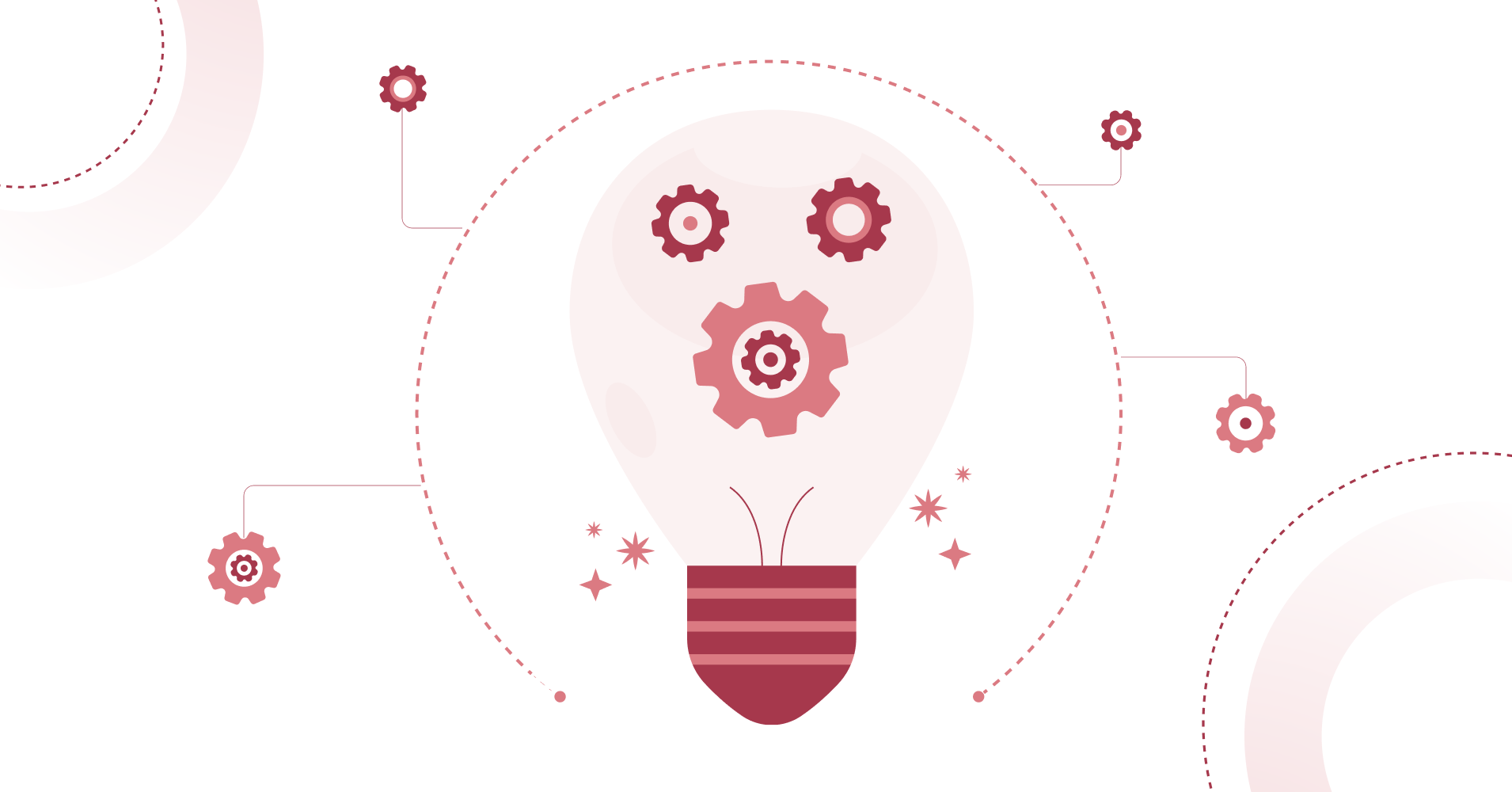
Just as code needs optimization, so do our soft skills need improvement. We will analyze how emotional intelligence affects our interactions with other people and the benefits of developing it for individuals and teams.
Does emotional intelligence translate into effective collaboration? Let's find out!
From this article you will learn:
What is emotional intelligence?
How does highly developed emotional intelligence help at work?
What benefits does it provide?
How to deepen emotional intelligence?
What Exactly Is Emotional Intelligence?
Emotional intelligence is sometimes mistakenly associated only with empathy. In reality, it is only a single component. Emotional intelligence is based on four main pillars: self-awareness, self-regulation, social awareness and relationship management/social skills (Goleman, 1995).
The better developed our competencies in each of these areas, the easier it is for us to cope with a variety of life situations and achieve success in both our personal and professional lives.
Self-awareness
This is the ability to recognize our own emotions, understand why we feel them and how they can affect our work. Self-awareness involves not only recognizing emotions but also being aware of one’s strengths and weaknesses.
Do you feel like your thoughts are keeping you up at night? Are you constantly stressed? It's worth taking a step back to look at your own emotions and accurately name them. Self-reflection is a good start to increasing self-awareness.
Self-regulation
This means the ability to control one's emotions, impulses and behavior. It is necessary to keep emotions in check, especially when the situation becomes difficult. It's like being the captain of your own ship, guiding you through stormy seas with dignity and poise.
When you feel tempted to throw your keyboard out the window, take a deep breath and... think about how you can calm down and see your situation from a different perspective.
Social awareness
This is the ability to understand other people's emotions and perspectives and to be sensitive to subtle social cues. Many companies (including Primotly) work remotely, but even so, we are still part of a team, and it is important to understand the thoughts and feelings of our colleagues.
So when your colleague looks like he's about to pull their hair out, offer them the opportunity to listen - they'll certainly appreciate it!
Relationship management understood as social skills and social interactions
Social skills help to build healthy and satisfying relationships with other people, both in personal and professional life. This includes the ability to resolve conflicts, communicate effectively, work in a team and build trust. It also leads to the ability to influence others (motivate, inspire, or even negotiate effectively) and become a good leader.
Why Is Emotional Intelligence Important in Professional Life?
Often in job advertisements in the list of desired qualities of a candidate, we can find a subsection “excellent communication and interpersonal skills.” Isn't knowledge of specific programming languages, libraries and being up to date enough? Recruiters also pay attention to soft skills, because:
People with high emotional intelligence often demonstrate better communication skills, empathy and teamwork skills, which translates into more effective collaboration and performance at work.
People who can effectively manage their emotions are more flexible and open to change, allowing them to better handle dynamic projects.
Empathy and social awareness facilitates building positive business relationships with customers, business partners and colleagues.
It correlates with overall job performance and workplace harmony (O’Boyle, 2011)
As a result, developed emotional intelligence can be a bargaining chip in recruiting for your dream position!
How Does Emotional Intelligence Help You Cope with Challenges?
Let's now turn to the specific benefits you can experience when you start working on your emotional intelligence. In what areas can it help you?
Learning from your own mistakes (and learning from the mistakes of others!)
A person with high emotional intelligence is able to reflectively look at their own experiences and mistakes, instead of falling into guilt or defensive reactions. In addition, observing the mistakes of others allows one to learn lessons and avoid similar pitfalls.Understanding and identifying one's own needs
Awareness of one's own needs allows one to effectively manage stress, maintain emotional balance and show flexibility in adapting to changing work conditions.Understanding nonverbal communication
Emotional intelligence helps you recognize and interpret nonverbal signals, such as gestures, facial expressions and tone of voice (Mehrabian, 1972). You can learn a lot about a customer or supervisor by reading body language accordingly.Successful and positive social interactions
By developing emotional intelligence, we can demonstrate greater empathy, understanding and respect in interpersonal relationships, which fosters healthy and satisfying social bonds. The team atmosphere will improve significantly, and it will be easier to give and receive feedback. Teams with high emotional intelligence tend to perform better and have higher job satisfaction (Druskat & Wolff, 2001).Dealing with stress more effectively
A person with high emotional intelligence can deal with stress more effectively by consciously controlling their emotions and reactions. They have the ability to adapt to changing situations, find solutions to problems and maintain mental balance even during difficult moments. This enables them to manage stress effectively. Stress management techniques can include mindfulness and cognitive-behavioral strategies.
How to Work on Your Emotional Intelligence?
Like muscles that become stronger with regular training, our ability to recognize, understand and manage emotions can also be strengthened through a variety of exercises and practices. Whether you are a seasoned professional or just starting out on your emotional intelligence journey, there are techniques and strategies to help you expand your emotional skills and become more aware of yourself and others.
Emotional Intelligence in Practice: Exercises
We know that we can successfully develop emotional intelligence by strengthening competencies that will help us at work (and beyond). How can this be done? Below are exercises that will help develop empathy and reading and naming emotions.
Exercise 1: Empathy
Empathy exercises should emphasize perspective taking as it is crucial for developing empathy (Batson, 1997). Two people take on different roles. The first one (person A) tells about a difficult situation in which they were involved, such as a conflict with a co-worker. The second (person B) has to describe as accurately as possible what each party felt and experienced - trying to understand each party's perspective. Then the roles change: person B tells about the difficult situation, and person A gets into the shoes of each party.
When the exercise is over, it's a good idea to talk over the rationale of each side in the conflict, as well as the emotions that came from trying to take over their perfects.
Exercise 2: Reading and naming emotions
For this exercise you need a piece of paper or any program in which you are comfortable taking notes. Try to collect as many symptoms and characteristics associated with the occurrence of specific emotions. E.g. joy - smiling; shame - avoiding looking, hunched shoulders; fear - sweating hands, body shaking, etc.
This will help you better recognize emotions from nonverbal signals in others as well as yourself. Better understanding is the first step on the road to self-control and taking the reins to help yourself. Understanding nonverbal cues is essential for emotional intelligence (Ekman and Friesen, 1969).
Emotional Intelligence at Work
The value of emotional intelligence in the workplace cannot be overstated. It is not only the ability to manage one's own emotions, but also a key ability to interact effectively with others and achieve professional success.
Thanks to this article, you already know what emotional intelligence is, the benefits it brings to the individual and the team, and how we can develop it. Remember that theory alone won't change much - it's worth putting in place daily practices that will help us develop soft skills and enjoy the benefits they bring!
So, let this knowledge become the impetus for action to practice empathy every day, to better understand ourselves and others, and to manage emotions more effectively. It is through these small but systematic steps that we will be able to translate theory into practice and reap the full benefits in our professional and personal lives.
The article is based on Tech Talks - our initiative, where we share knowledge and take care of developing our skills (not only technical) during regular meetings. Follow us on social media for more knowledge and tidbits!
Sources and further reading:
Barnes, M.L. & Sternberg, R.J. (1989). Social intelligence and decoding of nonverbal cues. Intelligence, 13(3): 263–287.
Batson, C. D., Early, S., & Salvarani, G. (1997). Perspective taking: Imagining how another feels versus imaging how you would feel. Personality and Social Psychology Bulletin, 23(7), 751-758.
Druskat, V. U., & Wolff, S. B. (2001). Building the emotional intelligence of groups. Harvard Business Review, 79(3), 80-90.
Ekman, P., & Friesen, W. V. (1969). Nonverbal leakage and clues to deception. Psychiatry, 32(1), 88-106.
Goleman, D. (1995). Emotional intelligence: Why it can matter more than IQ. Bantam Books.
Mehrabian, A. (1972). Nonverbal communication. Aldine-Atherton.
O'Boyle, E. H., Humphrey, R. H., Pollack, J. M., Hawver, T. H., & Story, P. A. (2011). The relation between emotional intelligence and job performance: A meta-analysis. Journal of Organizational Behavior, 32(5), 788-818.

